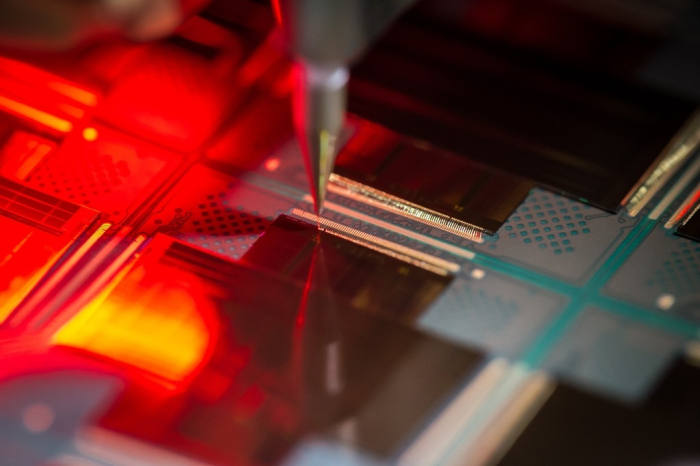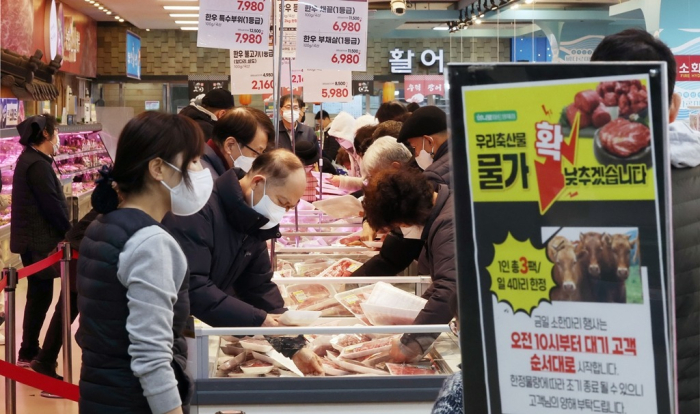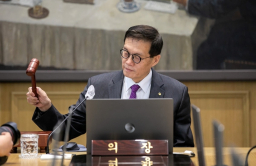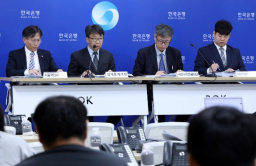-
KOSPI 2812.05 +41.21 +1.49%
-
KOSDAQ 756.23 +6.02 +0.80%
-
KOSPI200 376.54 +6.64 +1.80%
-
USD/KRW 1373 3.00 -0.22%
Semiconductor export recovery powers S.Koreans’ income in Q3
Economy
Semiconductor export recovery powers S.Koreans’ income in Q3
Analysts expect BOK to cut rates in 2024 despite its hawkish stance; inflation hits four-month low
By
Dec 06, 2023 (Gmt+09:00)
2
Min read
News+

A recovery in semiconductor exports led an increase in South Koreans’ income in the third quarter, although the earnings growth momentum may not last long amid the tepid outlook of Asia’s fourth-largest economy.
South Korea’s real gross national income (GNI) rose by a seasonally adjusted 1.6% in the July-September period from the previous three months, central bank data showed on Tuesday. In the second quarter, the real GNI dipped 0.7%.
The GNI is the total amount of money earned by a nation's people and businesses. The number includes the nation's gross domestic product (GDP) plus the income it receives from overseas sources.
The GNI expansion in the latest quarter outpaced the economic growth as prices of semiconductors, the country’s No. 1 export item, recovered. South Korea is home to the world’s two largest memory chipmakers – Samsung Electronics Co. and SK Hynix Inc.
“The semiconductor industry appeared to have entered a recovery phase, given the halt of declines in memory chip prices and continuous rises in both exports and production in two consecutive quarters,” said Choi Jung-tae, head of the national accounts coordination team of the Bank of Korea’s Economic Statistics Department.
Semiconductor exports rebounded in November, ending 15 months of declines and adding to expectations of a global chip industry upturn.
ECONOMIC GROWTH
The economy expanded 0.6% in the third quarter from the previous three months, matching the central bank’s earlier estimate, on reviving exports, the BOK said.
“The economy is more likely to achieve the 1.4% forecast for this year than when the advanced estimate was released,” Choi said.
Exports rose 3.4% led by overseas sales of semiconductors, machinery and equipment after shrinking 0.9% in the second quarter. Construction investments expanded 2.2% and private consumption grew 0.3% and
The manufacturing sector grew 1.4%, while the service sector edged up 0.3%.
The BOK expected the economy to gather momentum next year, although the monetary authority slashed its growth forecast to 2.1% from the previous 2.2% last week.
RATE CUT STILL EXPECTED
BOK Governor Rhee Chang-yong said interest rates will have to stay high for more than six months, leaving the door open for another hike, as the central bank raised its inflation forecasts for this year and next.
Analysts, however, still predicted the BOK to cut interest rates to boost growth next year.
“We think that the market is soon likely to begin pricing in rate cuts next year despite the BOK's hawkish stance,” said Kang Min Joo, ING senior economist for South Korea and Japan, said in a client note. “We penciled in a rate cut in the second quarter of 2024, as tight monetary policy curbs the demand side of inflation as well as growth.”

South Korea’s consumer inflation rose 3.3% in November from a year earlier, their slowest pace since July when inflation hit a 25-month low of 2.3%, government data showed.
Write to Jin-gyu Kang at josep@hankyung.com
Jongwoo Cheon edited this article.
More To Read
-
Dec 01, 2023 (Gmt+09:00)
-
Nov 30, 2023 (Gmt+09:00)
-
Oct 26, 2023 (Gmt+09:00)





